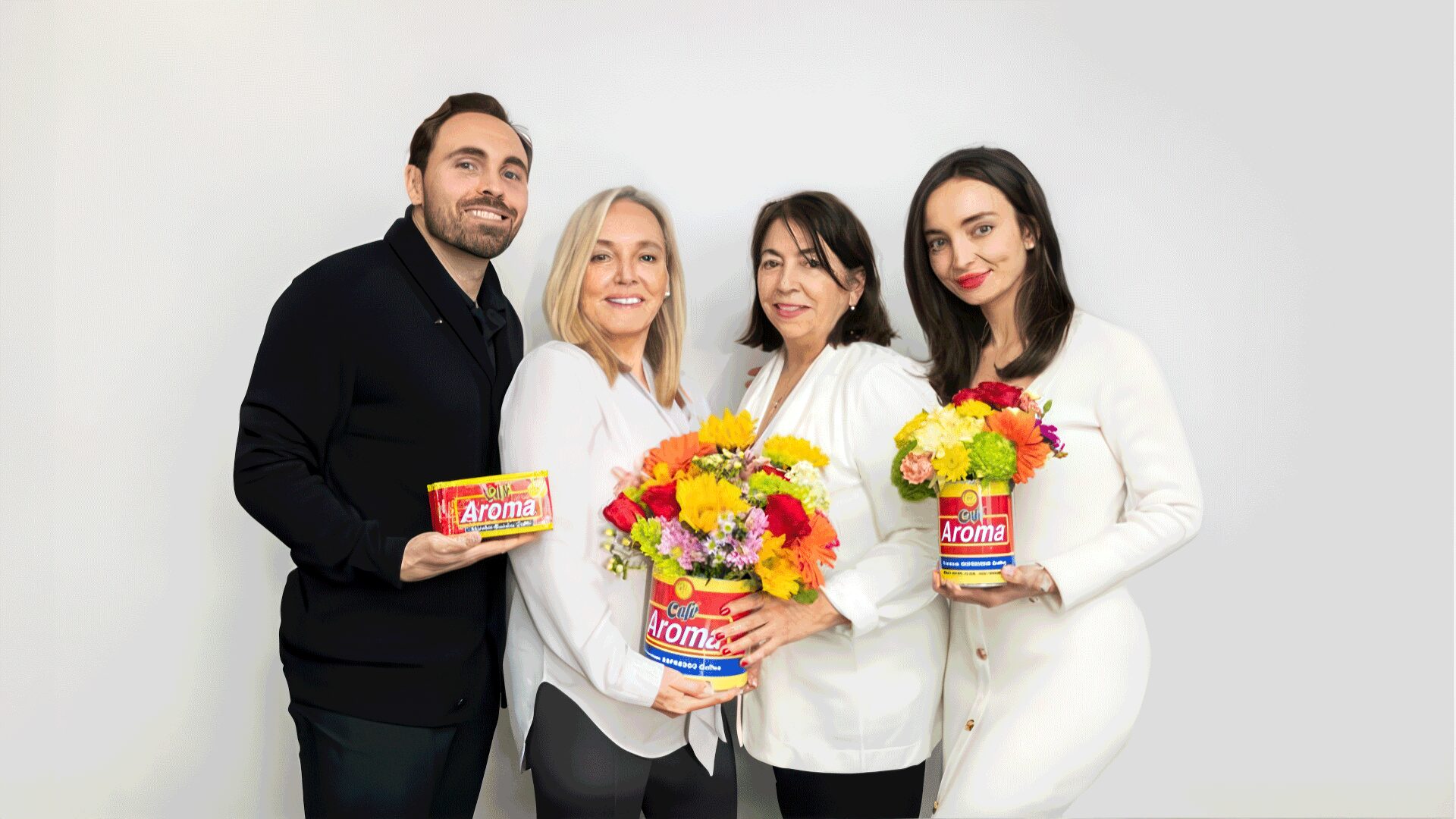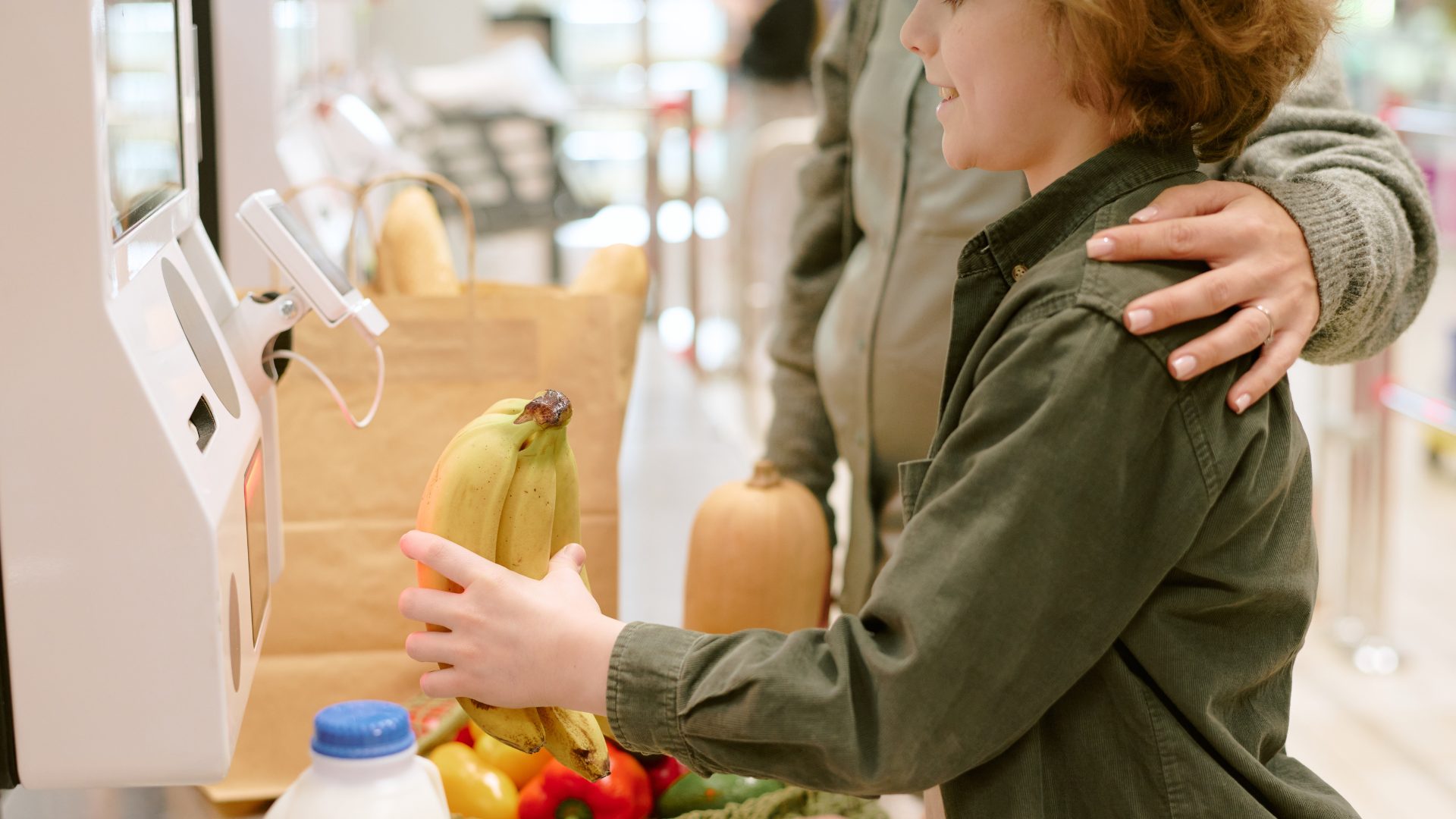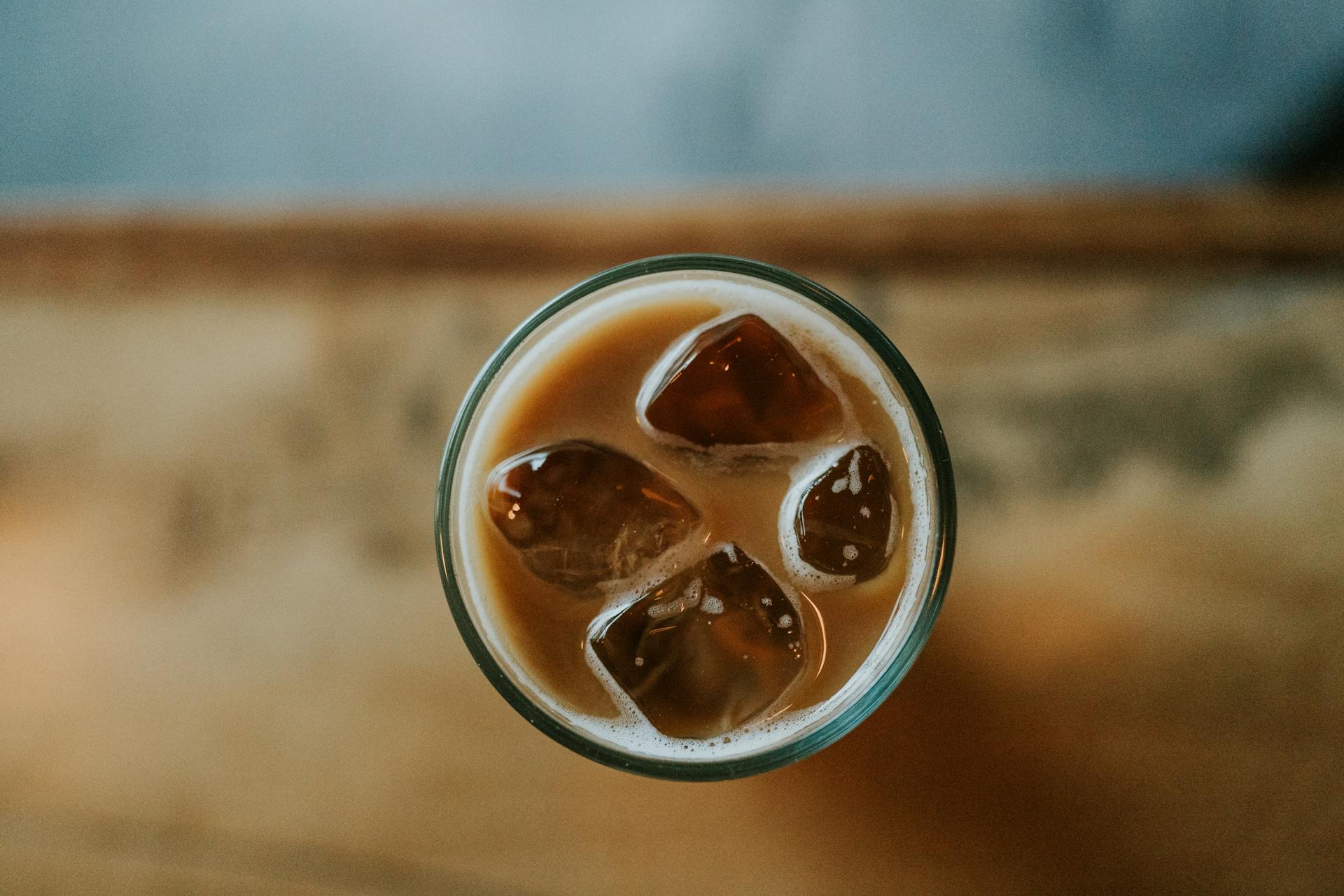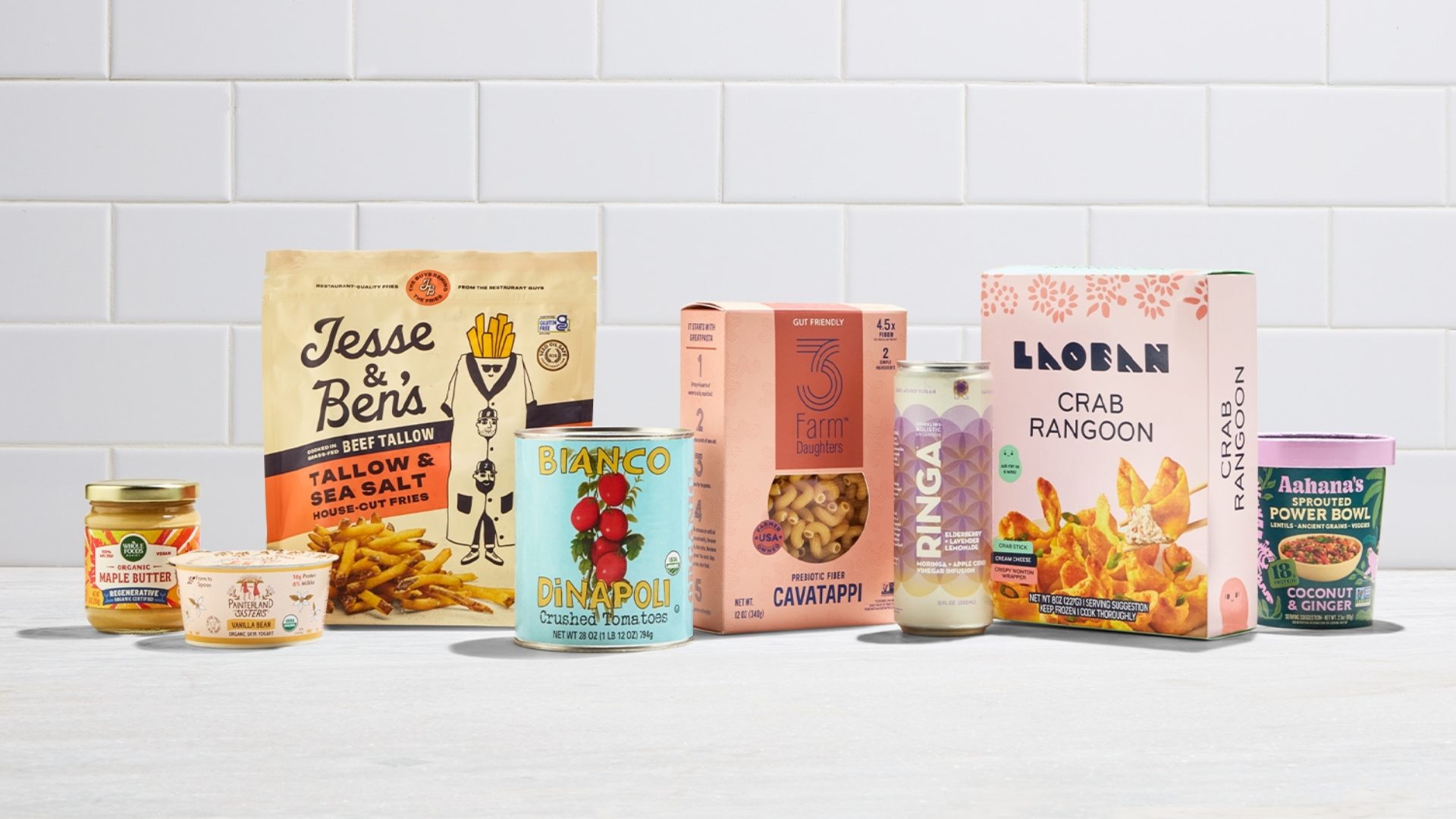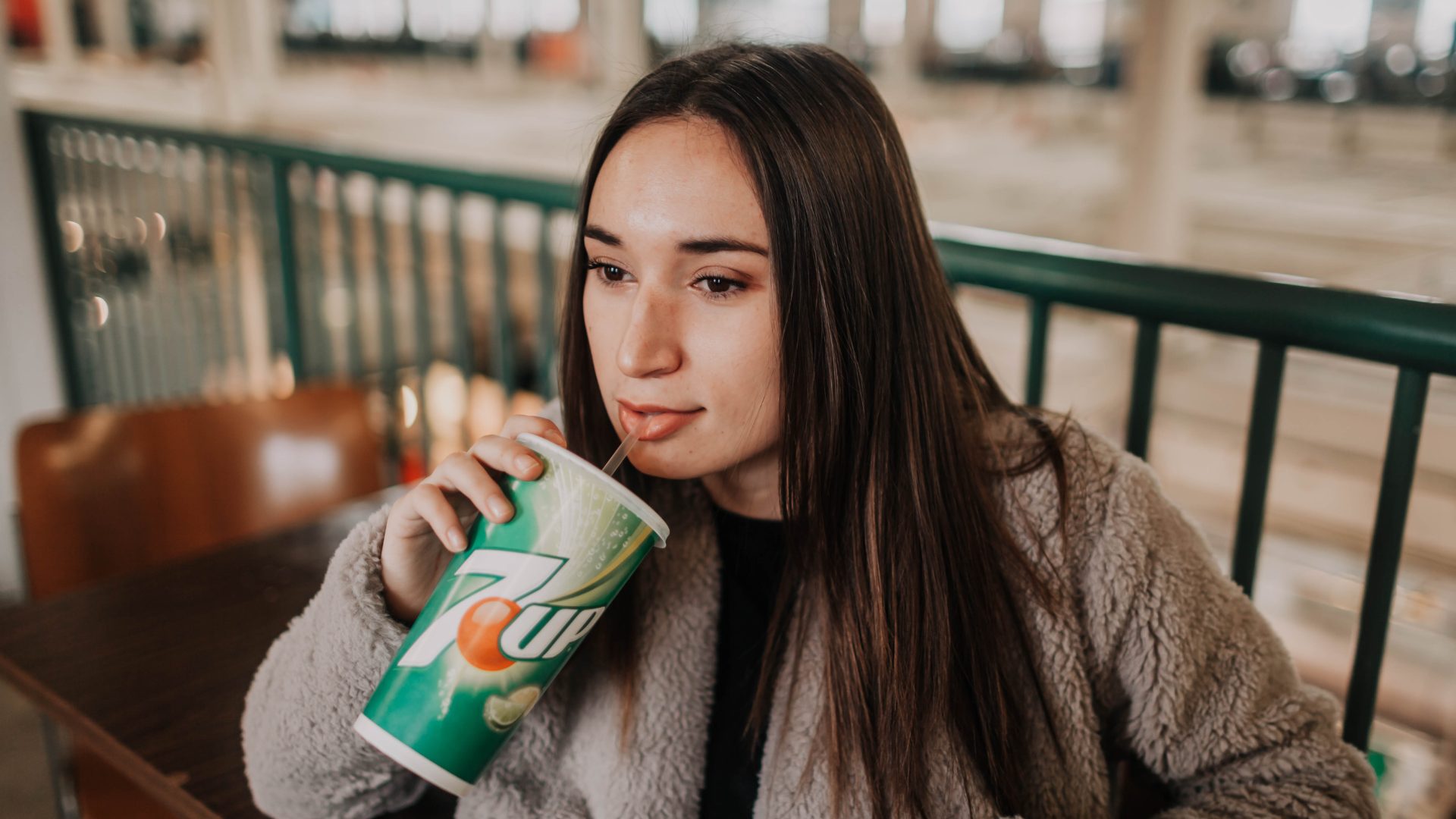For Bernadette Gerrity, Caribbean coffee has truly been a lifelong obsession. In fact, the current vice president of Café Aroma had her first cup of espresso at the age of 3.
“There was no avoiding it. We grew up drinking coffee,” said Gerrity, the granddaughter of Café Aroma founder Rogelio Montes De Oca, a Cuban immigrant. “My mom and my aunt would joke that their parents put coffee in their baby bottles.
“Drinking coffee, it was cultural for us,” Gerrity told The Food Institute. “After a meal, when we were sitting at the table, our parents would take some espresso (and) it was a sweet treat, almost like a dessert. It just happened to have caffeine in it as well, of course. There was a communal factor to it.”
Now, 63 years after Café Aroma was founded, the brand is expanding into the specialty coffee space with the recent launch of its Especial product – a 100% Arabica whole-bean espresso blend with flavor notes including smoked caramel, dark chocolate, and lemon rind.
“We wanted to have something special to commemorate the 60-plus years we’ve had in the industry, (with) something that was a slightly more luxury product,” Gerrity explained.
Many elements of the Café Aroma brand are a celebration of dark-roasted Cuban coffee – not to mention Cuban culture in general.
“It really is an honor to carry on my grandparents’ legacy, and to continue to serve our community and try to be impactful, culturally, in the space. Our moms don’t ever let us forget where we came from,” said Gerrity, the VP of a brand whose roasting facility resides in Hoboken, New Jersey.
“Keeping our coffee really true to our roots, and making sure we don’t lose sight of what we stand for – keeping our coffees accessible and in their price points, and not sacrificing quality” is important, she added.
Gerrity puts the brand’s heritage front and center in marketing messaging, in hopes of standing out in an increasingly saturated coffee market.
“It’s all about understanding people,” Gerrity said, explaining her marketing strategy. “People want to be a part of something, they want to have both individualism and collectivism.
“There’s a two-fold nature to (consumers), where we want to have our community, but we want to feel like we stand out, too. Our coffees give people the opportunity to be part of something.”
Helping lead a Latin American brand is especially fulfilling to Gerrity at the outset of 2025, in a time when brands like Café Aroma increasingly resonate with U.S. consumers that have embraced global flavors. Latin brands have become more and more accessible to Americans, too.


